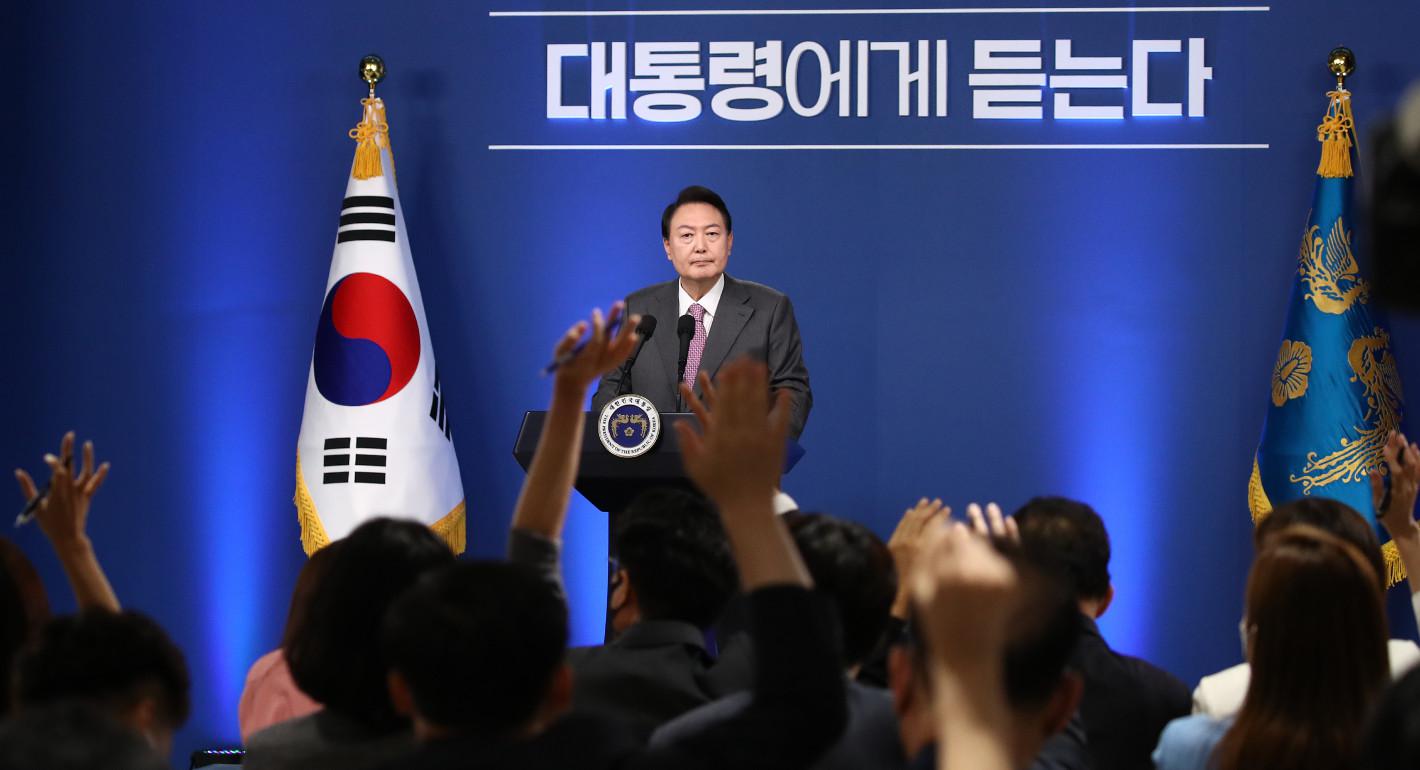
Why does North Korea want to launch a military satellite? What is the significance of the failure of a military satellite launch in relation to the development of weapons? When will the 7th nuclear test take place?

It is precisely because of, and not in spite of, the fact that Moscow and Pyongyang have repeatedly held their nuclear arsenals over Western heads that leaders should take these threats seriously.

It’s a sign that Washington and Seoul are adapting to internal and external stressors.

Under what conditions does nuclear latency—the technical capacity to build the bomb—enable states to pursue effective coercion? And what are the consequences of using nuclear and rocket technology as a bargaining tool in world politics?

Information from SBIRS satellites would meaningfully increase security for the two Northeast Asian allies against Pyongyang’s growing missile threat.

In a grave warning to the United States, Kim Jong-un laid out his guiding principles for responding to any of its military advances in the upcoming year: “nuke for nuke” and “all-out confrontation for an all-out confrontation”.

Three decades of efforts to secure North Korea’s denuclearisation failed to arrest Pyongyang’s development of a nuclear arsenal.

Yoon Suk-yeol’s call to develop nuclear weapons is fundamentally a call for South Korea to know it can protect itself in a changing security environment.

To start off the new year, Tom Collina sits down with Ankit Panda, Stanton Senior Fellow in the Nuclear Policy Program at the Carnegie Endowment for International Peace.
In a complex, changing, and increasingly contested world, the Carnegie Endowment generates strategic ideas and independent analysis, supports diplomacy, and trains the next generation of international scholar-practitioners to help countries and institutions take on the most difficult global problems and safeguard peace. Join our mailing list to become part of our network of more than 150 scholars in 20 countries.
Sign up to receive emails from Carnegie!